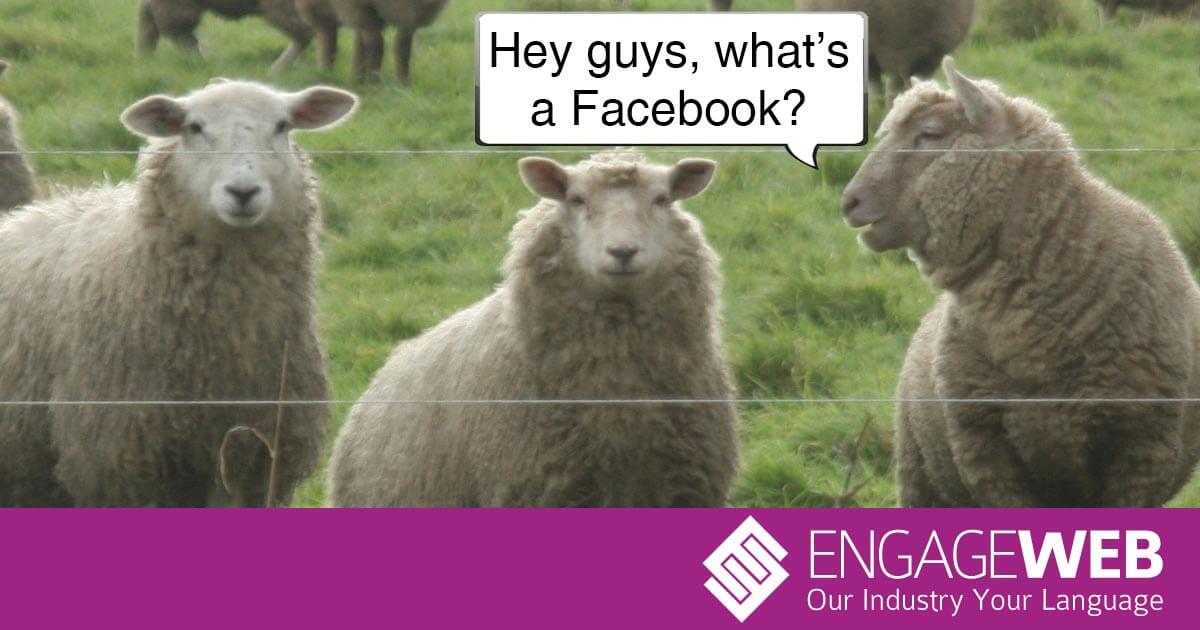Researchers at the University of Lancaster and Cambridge University Press have released a list of 15 words that have soared in conversational usage since the 1990s, and unsurprisingly the digital world appears to have had a huge hand in shaping the way we talk.
Of the 15 words mentioned, 11 are related to the internet and modern technology, suggesting that even when we’re not using computers, phones and social media, we’re often talking about them.
The words are seemingly presented in no order of significance or usage volume, but ‘email’ and ‘internet’ are at the top of the list released by the researchers. Below these two are some of the brands and sites most synonymous with the web, such as ‘Google’, ‘Twitter’, ‘Facebook’ and ‘YouTube’.
Apple can claim two entries in among the 15 conversational newbies (‘iPhone’ and ‘iPad’), and surges in words like ‘website’ and ‘texted’ are further representation of the way we communicate and absorb information, and the intrinsic role digital technology now plays in our lives.
It will come as no surprise to anyone to learn that these words are being used a lot more now than they were two decades ago. After all, it wasn’t long ago that ‘to twitter’ just meant to talk inanely. Until fairly recently, I had a laptop (that’s another of the 15 released words, incidentally) that had such an old version of Microsoft Word on it, it didn’t recognise the word ‘Google’. It was trying to change it to ‘googol’ – the very large number from which the search engine gets its name.
Perhaps what’s more surprising is the list of some of the words we’re not using as often. Old-fashioned forms of entertainment like ‘cassette’, ‘crossword’ and ‘croquet’ appear to be falling out of favour, replaced by more modern pastimes like ‘yoga’, which is one of the few non-tech words to have made the list of upward movers.
An American influence, perhaps due to the amount of US television and online media we consume, seems to be present too. The adjective ‘awesome’ appears increasingly preferred to terms like ‘marvellous’, and very British words like ‘matey’, ‘golly’ (an expression of surprise), and ‘mucking’ (as in ‘mucking about’) are showing early signs of falling out of usage.
A BBC article citing the study even claims that ‘Google’ now appears more in spoken English than the word ‘death’. Who would have thought that a search engine would ever become a hotter topic of conversation than mortality?
By the end of this year, the team of researchers wants to investigate 11 million words and their usage in conversation over the past two decades, so it will be interesting to see what other words we’re gradually saying ‘ta-ra’ to. Actually, ‘ta-ra’ has already been listed as one of them!
- How to find a circular reference on Excel - May 23, 2024
- Five life skills learned from internet marketing - January 3, 2024
- How artificial intelligence can (and can’t) help you write content - September 29, 2023



